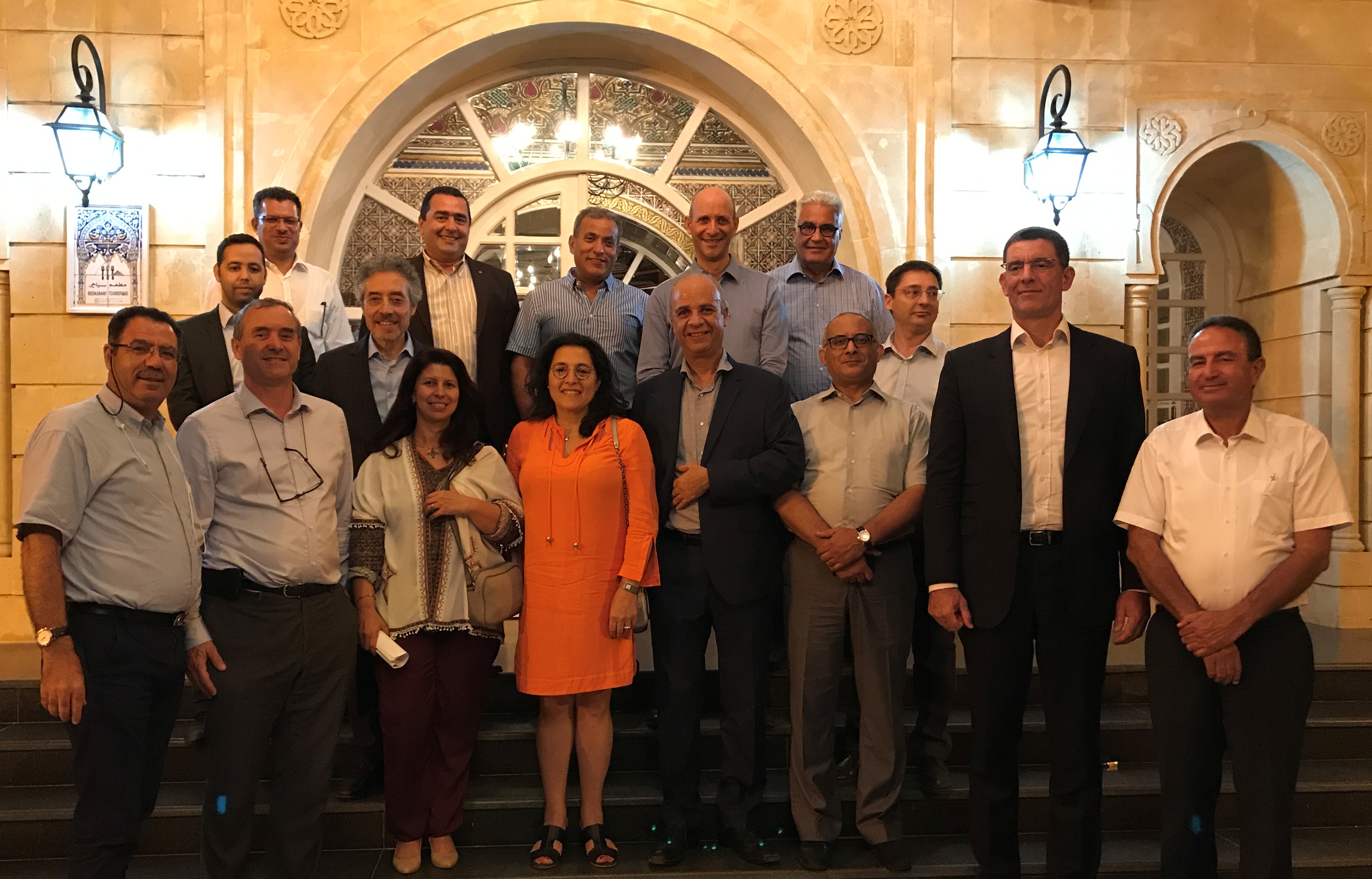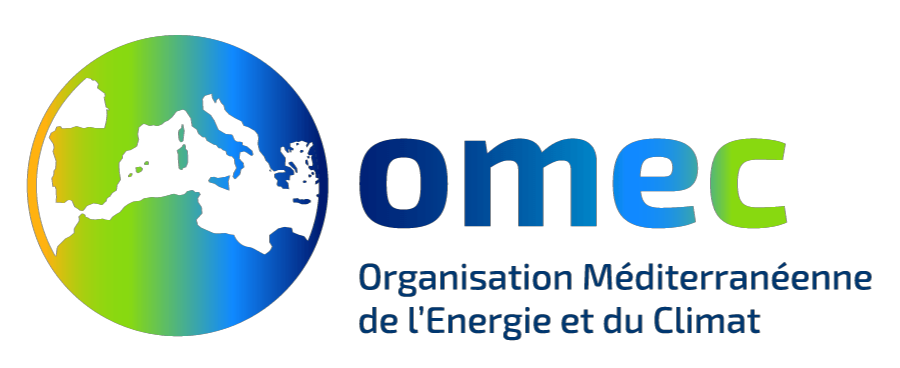
Energy strategy in Tunisia - Ministry of Energy, Mines & Renewable Energy
Place of Energy Efficiency in Energy Transition and implementation of NDC - ANME
STEG’s return of experience on energy efficiency - STEG
Paris Agreement and Tunisian NDC: Situation, perspectives, challenges - STEG
The EU Clean Energy Package and the energy transition in Europe - ENEL
Joint workshop on “Energy Transition in Tunisia: role of NDC and cooperation” back-to-back with the Energy Transition, Sustainability and Climate Change Committee meeting in Gammarth, Tunis
At the occasion of OME’s Energy Transition, Sustainability and Climate Change Committee launch, Observatoire Méditerranéen de l’Energie (OME) and Société Tunisienne de l’Electricité et du Gas (STEG) organized a workshop on: “Energy Transition in Tunisia: role of NDC and cooperation.”
The workshop was organized in Gammarth, Tunis on July 18th and attracted about 40 participants, coming from both the public and private sector; mainly Tunisian ministries, national agencies, and OME’s member companies that are part of the Committee.
The workshop was opened by key note speakers; Mr. Moncef Harrabi, STEG’s CEO & Chairman; Mr. Daniele Agostini, Committee Chair and ENEL’s Head of Low Carbon and European Energy Policies; and Mrs. Houda Allal, OME General Director. The speakers welcomed and extended their thanks to all participants, and emphasized the importance of the evolving nature of the energy systems and the need for moving towards a more sustainable energy future. They also highlighted Tunisia’ efforts on energy transition, especially through the measures and targets envisaged in its Nationally Determined Contribution (NDC) and the role of cooperation towards a low carbon energy system
The workshop was, then, structured into two main themes; the first part focusing on Tunisia’s experience on energy transition and the second part presenting an overview of the EU’s views and actions on energy transition. A detailed overview on the energy situation of Tunisia was presented with an emphasis on the energy strategy and its main pillars, in terms of domestic hydrocarbons exploration and production, energy resources diversification, interconnections with neighboring countries, renewable energy and energy efficiency. Tunisia’ return of experience and lessons learned on energy transition was also highlighted, especially renewable energy and energy efficiency – the two main intervention areas with targets and accompanying measures which are also included in Tunisia’s NDC. Some challenges were, also, emphasized, however, especially financing. As for the EU’s efforts, the EU Clean Energy Package and the measures taken towards an energy transition in Europe were presented and discussed, especially in light of the Paris Agreement in terms of ambition, governance, carbon market and carbon finance. ENI’s experience in the field of renewable energy, its approach and initiatives in North Africa were also presented.
Vivid discussions followed the presentations as it was an opportunity for exchange and sharing of experience. Positive feedback from the organizing partners and participants was received encouraging and inviting OME for further event gatherings to exchange on energy transition issues in the Mediterranean.
The final programme and presentations (OME members) are available for download.
